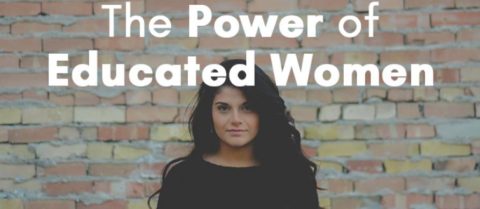
G7 foreign and development ministers meeting in London at the beginning of May will invest $15 billion in development finance over the next two years to help women in developing countries access jobs, build resilient businesses and respond to the devastating economic impacts of COVID-19.
They will also sign up to new global targets to get 40 million more girls into school and 20 million more girls reading by the age of 10 in low and lower middle income countries by 2026.
Educating girls is one of the smartest investments we can make to lift people out of poverty, grow economies, save lives, and build back better from COVID-19. A child whose mother can read is 50% more likely to live beyond the age of 5 years, twice as likely to attend school themselves – and 50% more likely to be immunised.
COVID-19 has had a disproportionate and profound impact on women and girls, including losing precious school time, reduced access to lifesaving sexual and reproductive health services, a spike in gender-based violence, and increased risk of job loss. Now, these fresh commitments by the world’s leading democracies, driven by the UK, put gender equality at the heart of global co-operation to build back better from COVID-19.
Even before the pandemic, women in developing countries had significantly fewer economic opportunities than men and shouldered the majority of unpaid care work reducing their time for paid work. COVID-19 has compounded this, with new research showing $1 trillion could be lost from global growth as female workers fall out of the workforce.